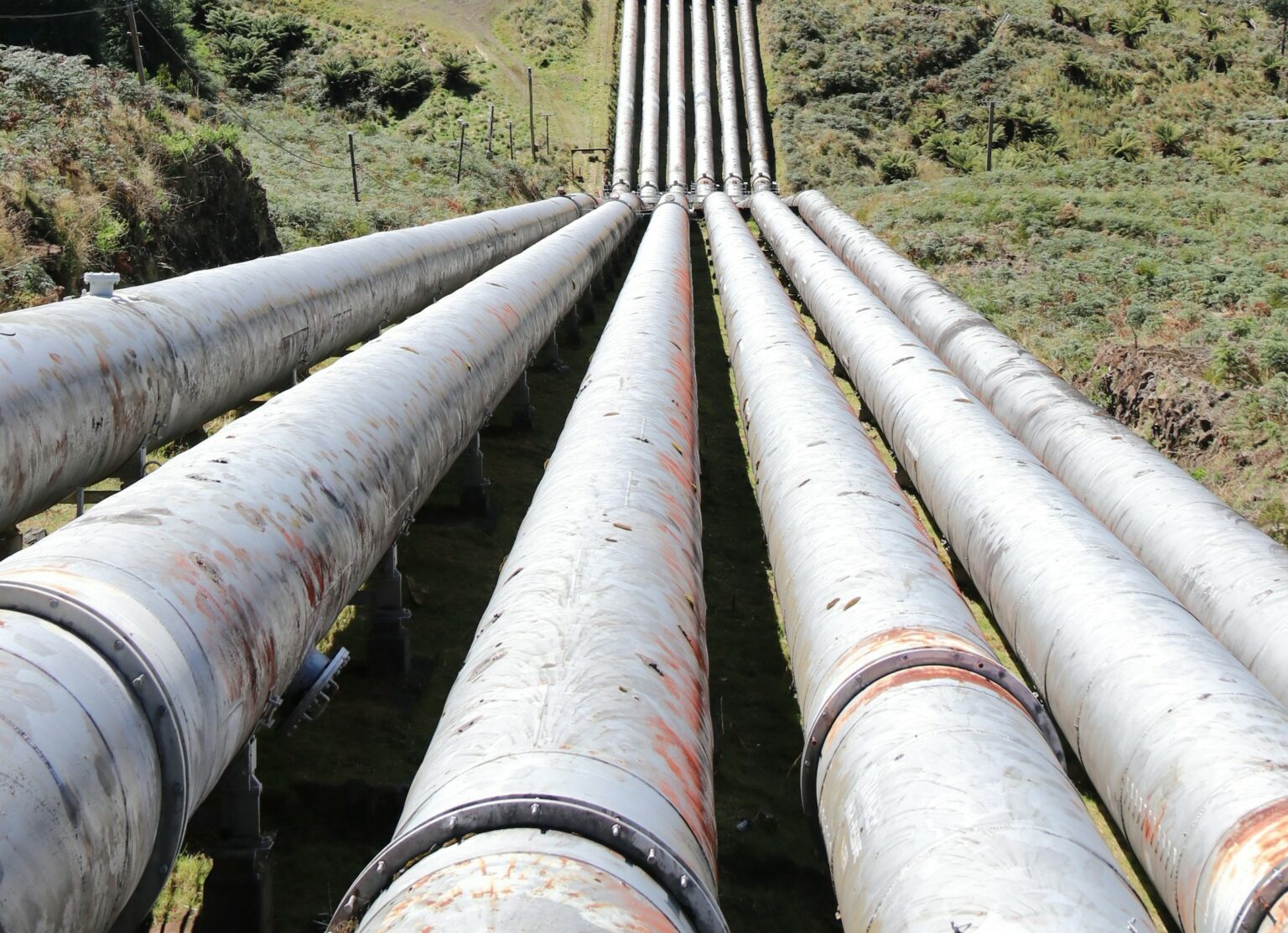Natural gas operator, Netze BW proves that the gas distribution grid in Baden-Württemberg can effectively accommodate the transportation of hydrogen.
This useful discovery comes as a result of a pilot project executed in the town of Öhringen, where hydrogen was successfully introduced into the natural gas network, reaching up to 30% of the content.
In the pilot testing, a separate 500-meter-long sub-network was detached from the overall gas network to serve as an “island area” supplied with hydrogen. This segregated region consisted of a property operated by Netze BW, along with 26 neighboring households. The project involved collaboration with local authorities, manufacturers, chimney sweeps, associations, and received scholarly assistance.
According to Martin Konermann, Netze BW’s Managing Director of Technology, the inclusion of hydrogen happened seamlessly. He reported that the overall infrastructure and gas boiler required no drastic modifications. Prior to this experiment, the company had been engaged in developing concepts with industry experts, scholars and startup businesses to enhance the electricity and gas distribution grid to face future challenges. The NETZlabore project in Öhringen serves as a testing ground for these concepts.
According to Konermann, heat supply of the future will anchor on a triad: heat pumps, heating networks and hydrogen. It’s foreseen that the hydrogen transformation in Baden-Württemberg will kick-start in 2032, and by 2040, existing gas networks will actively transport hydrogen.
Netze BW’s gas pipelines, for the most part, are fit to transport 100% hydrogen, in line with a [study by the Materials Testing Institute](https://www.heise.de/news/Erdgasleitungen-fuer-Wasserstoff-nutzbar-ergibt-eine-Studie-8186803.html?from-en=1) at the University of Stuttgart. New pipelines for hydrogen core network are set to be developed, with existing ones repurposed.
For effective hydrogen transportation, Konermann suggests Baden-Württemberg connect to the planned national hydrogen core network. The regions linked to this core network will be dictated by the hydrogen demand from industrial consumers. Plans for a 9700 km hydrogen core network by 2037 from the Federal Ministry of Economics would link Baden-Württemberg to this network.
Despite recent criticism regarding the predicated exclusion of large parts of the federal state from the core network, it’s clear that the future of hydrogen in the German state of Baden-Württemberg, and further afield, is focused on integration and innovation.
